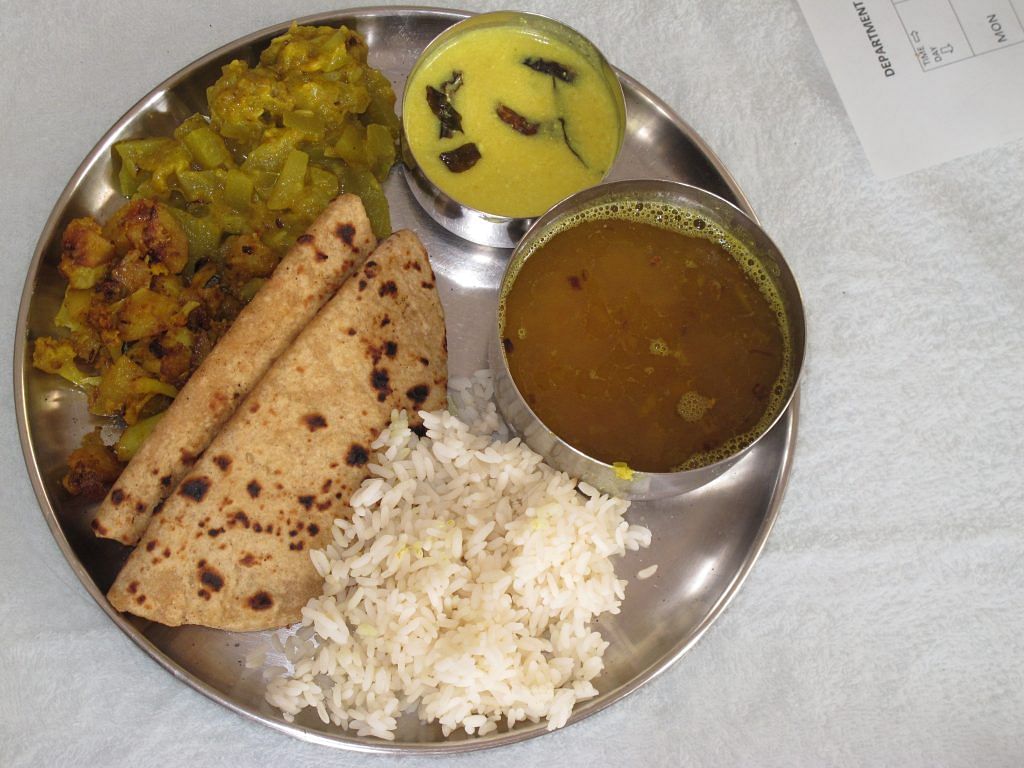The Brahminical imposition of food practices that IIT Bombay recently witnessed isn’t new to India’s colleges and universities.
One of my favourite academics Arjun Appadurai once said: “Food is a highly condensed social fact.” Where we eat, how we eat, when we eat, and how we are allowed to eat is a reflection of our positioning in society. The food on your plate has a long history, and is deeply political.
Hostel 11 of IIT Bombay received a strange (and yet not so strange) mail recently where the mess coordinator wrote: “Please do not use the ‘main’ plates for non-vegetarian dishes.” The mail, rightly, has received criticism on social media.
However, this kind of Brahminical imposition isn’t new to India’s colleges and universities. Many colleges/universities sidestep the problem by not serving non-vegetarian food altogether. Institutions like Panjab University, Motilal Nehru National Institute of Technology in Allahabad and the Baba Saheb Bhim Rao Ambedkar University mess in Lucknow serve only vegetarian food.
In our country, vegetarianism seems to be more about casteist notions of purity, superiority and ‘touch’, than about ethical reasons. In a secular country, we are still segregating and judging based on food choices.
As a Young India Fellow at Ashoka University, I wrote a paper on how what we were given to eat (and more importantly, not allowed to eat) was a direct reflection of the upper caste, upper class, majority Hindu student composition.
‘Contamination’ is a source of great fear apparently, which leads to ludicrous fatwas such as vegetarian and non-vegeterian food being served on separate plates, cooked in different utensils, and served in different areas. While I was studying in Ashoka, we had two separate floors for vegetarians and non-vegetarians because it was not just the food, but the sight and smell that also had to be segregated. That has since changed and both kinds of food are now being served on the same floor, but obviously in separate areas. The Mess Committee at the institute had confirmed to me that non-vegetarian food is being cooked in separate utensils.
Not only this, also look at when the occasional meat/chicken/fish is served in such places. Definitely not on Tuesdays, which most Hindus consider to be an auspicious day. And beef, sheep, or pork almost never makes an appearance. This vegetarian fascism of the ruling class/caste is apparent in the tiniest choices made for you.
In the current political atmosphere prevailing in the country, with Hindutva holding sway, is it really surprising that food is the medium and message of conflict? You are what you eat, after all.
Neera Majumdar is a journalist at ThePrint.
